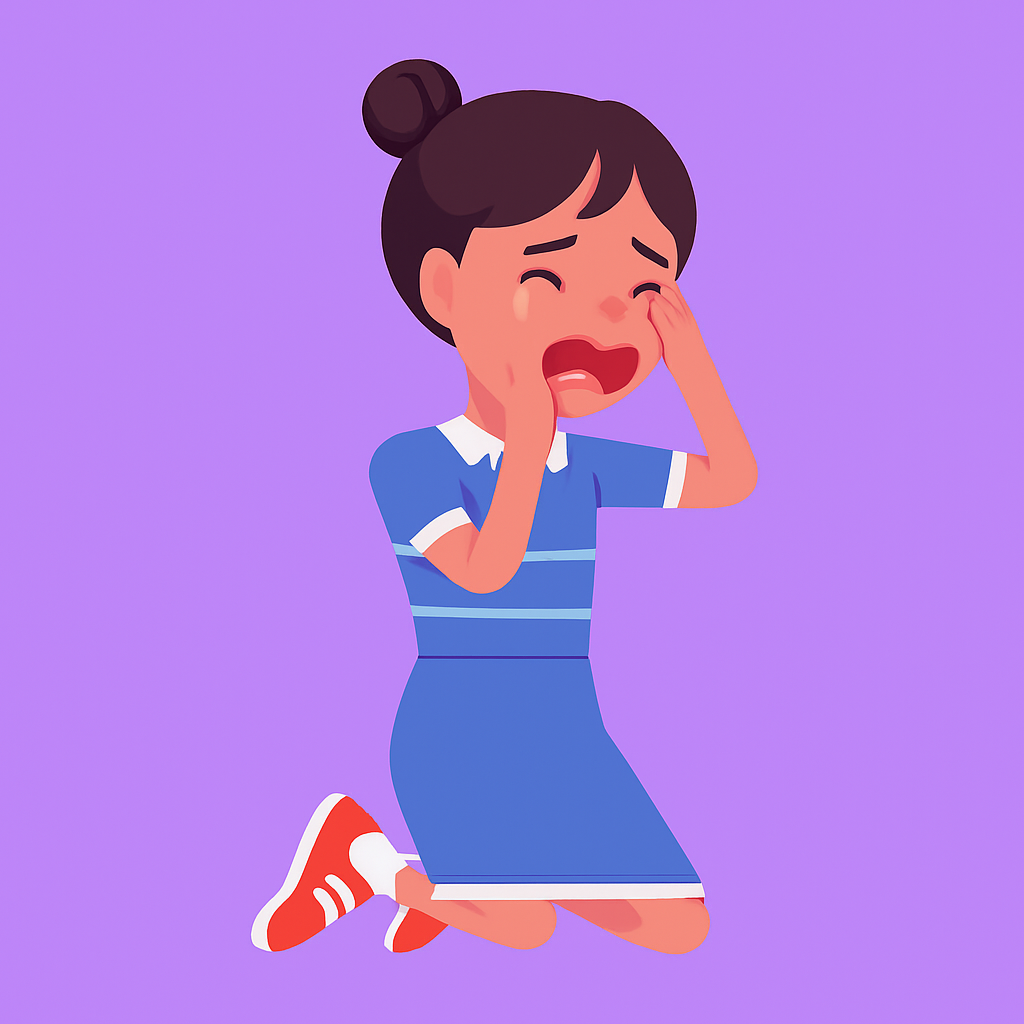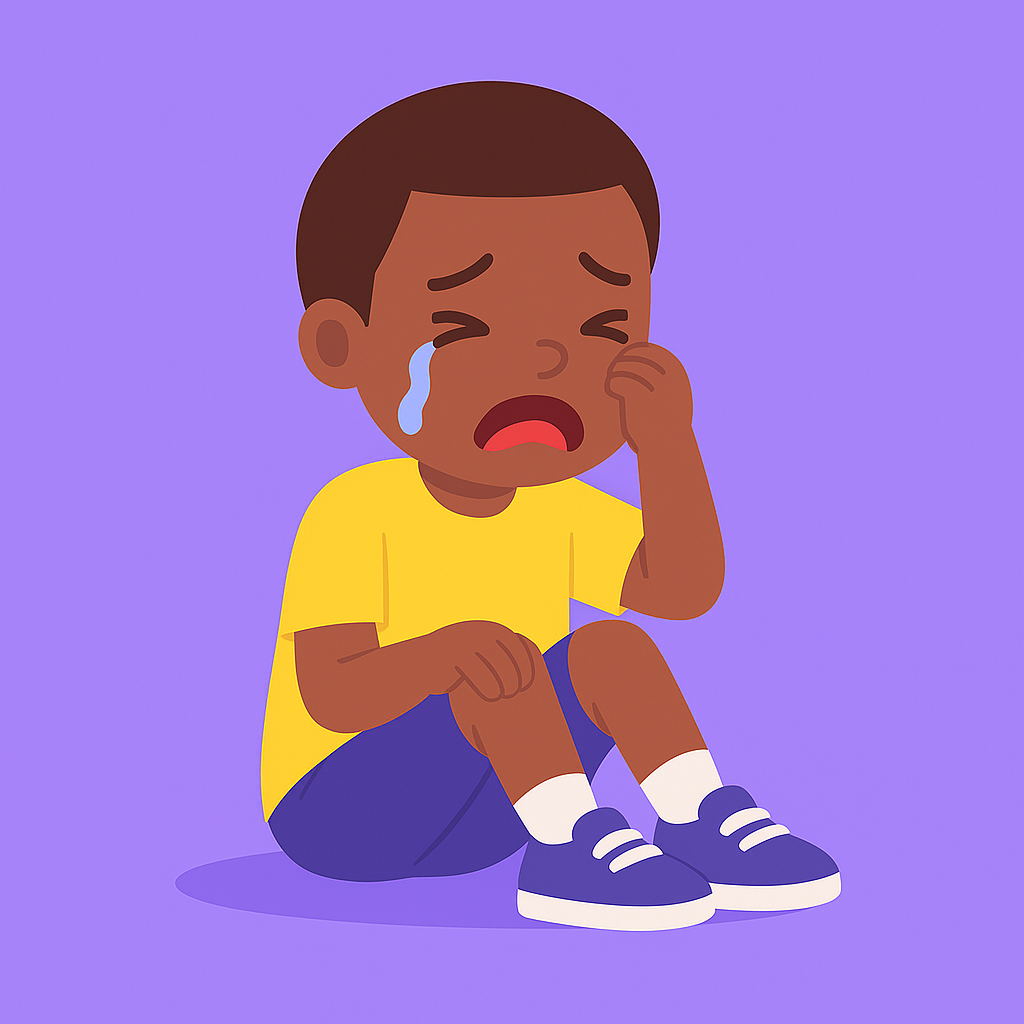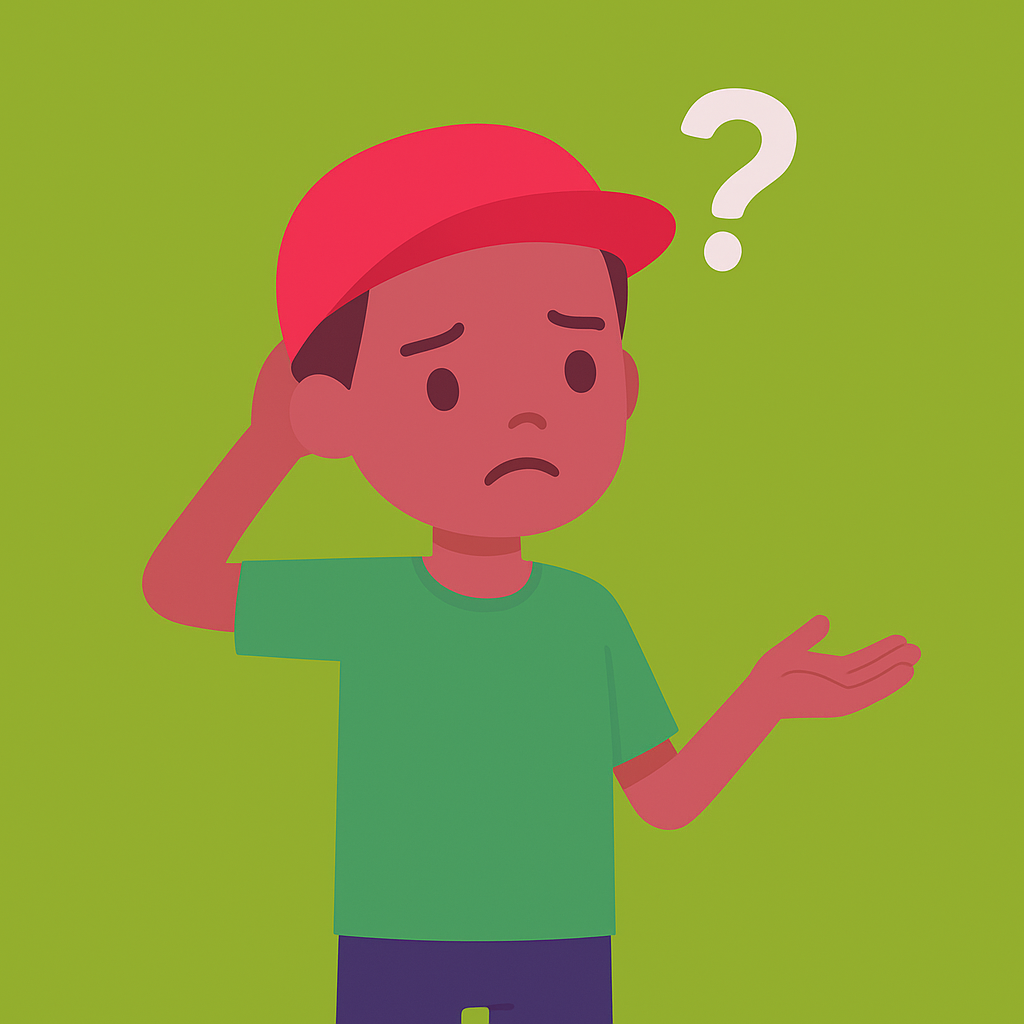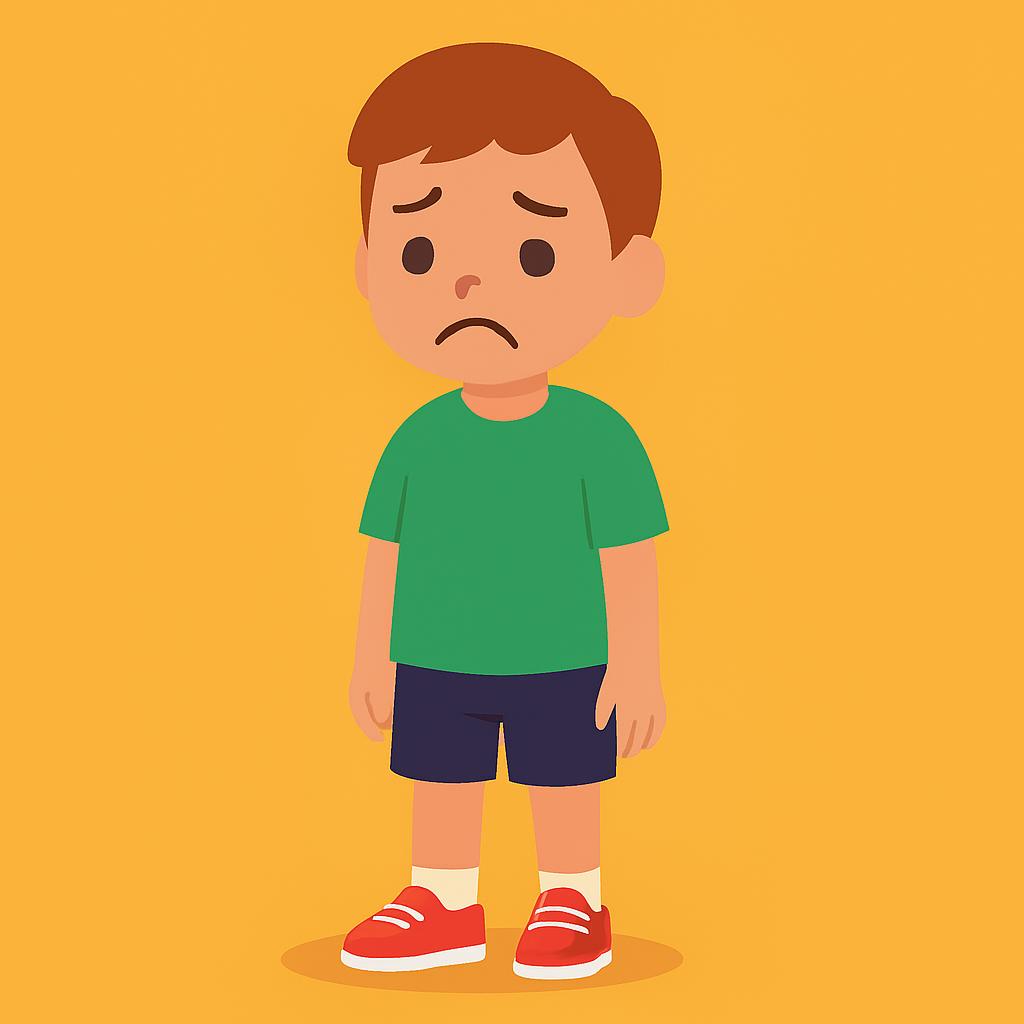Managing Anger
Anger is a natural emotion that everyone experiences from time to time.
Experts say everyone feels anger. It’s a natural emotion that guards against wrongs. Yet, poorly managed anger can lead to harmful actions. These actions harm oneself or others. Also, uncontrolled anger can harm emotional health. It can also create new problems.

If you find yourself doing these sorts of things, it might be a sign that you need some support:
- Physically hurting other people (hitting people)
- Verbally hurting people (shouting at people)
- Breaking, smashing or throwing things
- Losing control of how you react
- Spending time with people who you get into trouble with
- Constantly ending relationships/friendships
- Often getting in trouble at school or work

Start by considering these top tips:
- Think before you speak/ react to something…
- Once you’re calm, express how you’re feeling/ how something made you feel…
- Remove yourself from the situation…
- Get some exercise/ do some stretching…
- Take time out and focus on your breathing for ten minutes…
- Identify possible solutions…
- Don’t hold a grudge, be ready to talk something through and move forward…

How does anger affect your body? (For children and young people)
- Knots in your stomach
- Clenching your hands or jaw
- Feeling clammy or flushed
- Breathing faster
- Headaches
- Pacing or needing to walk around
- “Seeing red”
- Having trouble concentrating
- Pounding heart
- Tensing your shoulders

What could trigger anger?
Anger is an emotion. It is a signal that we think we are being treated unfairly. Feelings are neither right or wrong. It’s ok to feel angry. However actions can be right or wrong. It is NOT OK to hurt ourselves, others or property when we feel angry.

When you start getting upset about something, take a moment to think about the situation
Ask yourself:
- How important is it in the grand scheme of things?
- Is it really worth getting angry about it?
- Is it worth ruining the rest of my day?
- Is my response appropriate to the situation?
- Is there anything I can do about it?
- Is taking action worth my time?
“Holding on to anger is like grasping a hot coal with the intent of throwing it at someone else; you are the one who gets burned.” ― Buddha

Anger triggers
You may think that external factors—the actions of other people, for example, or frustrating situations—are causing your anger
But, anger problems have less to do with what happens to you than how you interpret and think about what happened.
Common negative thinking patterns that trigger and fuel anger may include:
- For example, “You ALWAYS interrupt me. You NEVER consider my needs. EVERYONE disrespects me. I NEVER get the credit I deserve.”
- Obsessing over “shoulds” and “musts.” Having a rigid view of the way a situation should or must go and getting angry when reality doesn’t line up with this vision.
- Mind reading and jumping to conclusions. Assuming you “know” what someone else is thinking or feeling—that they intentionally upset you, ignored your wishes, or disrespected you.

Common negative thinking patterns might also include:
- Picking an argument or looking for things to get upset about, usually while overlooking or blowing past anything positive. Letting these small irritations build and build until you reach the “final straw” and explode, often over something relatively minor.
- When anything bad happens or something goes wrong, it’s always someone else’s fault. You tell yourself: “life’s not fair,” or blame others for your problems rather than taking responsibility for your own life.

Where to go from here?
You could use your strategy wheel to identify new ways to deal with your feelings.
You could use some of the questions below as part of your strategy wheel.
- How important is it in the grand scheme of things?
- Is it really worth getting angry about it?
- Is it worth ruining the rest of my day?
- Is my response appropriate to the situation?
- Is there anything I can do about it?
- Is taking action worth my time?
Managing Anger Resources for Under 13s

Barnados

Childline

Compass RISE (Wakefield)

Night OWLS

SHOUT

